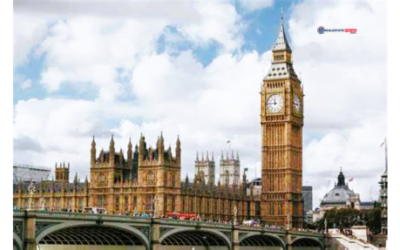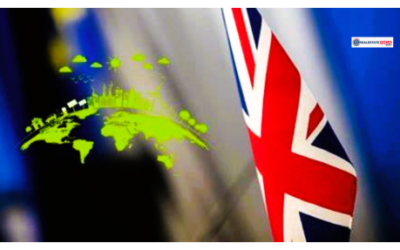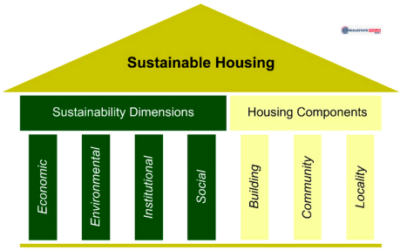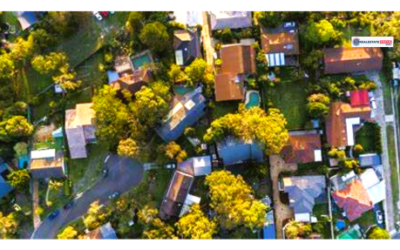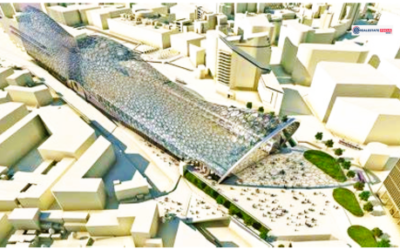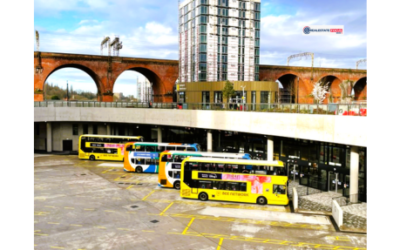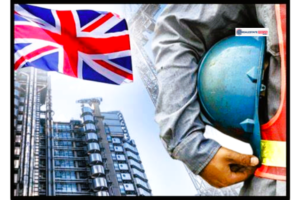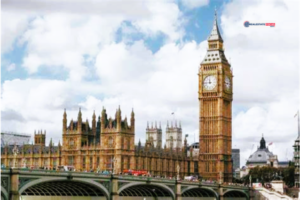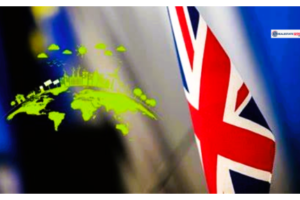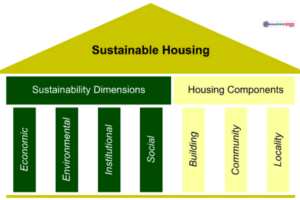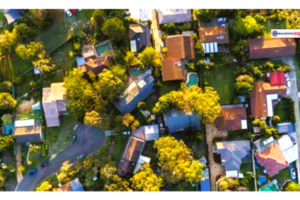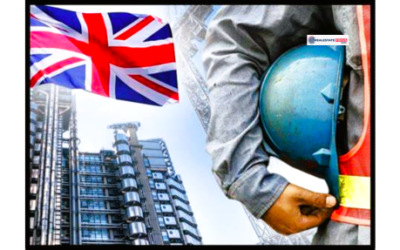
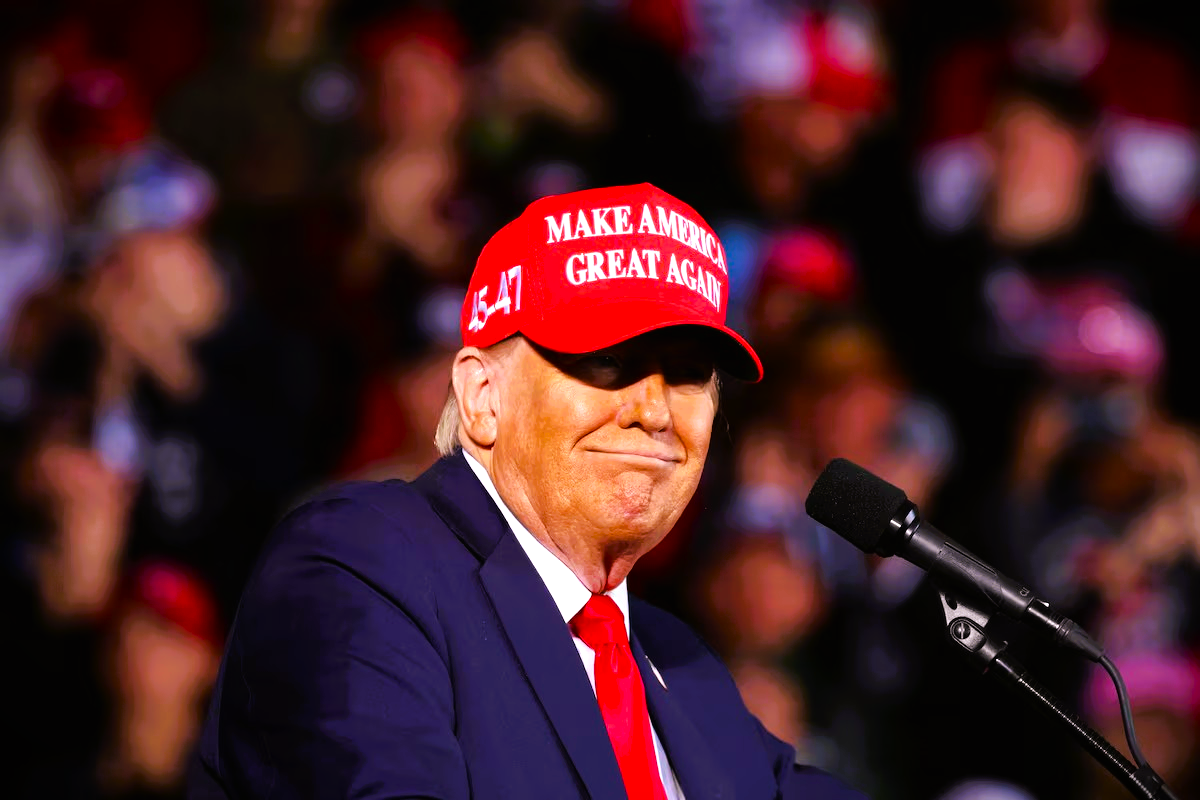
Trump’s $1.5B Vietnam Golf Dream Becomes a Nightmare for Local Farmers
Fast-tracked. Forced out. Forgotten.
A lavish Trump-branded mega project promises to reshape Vietnam’s skyline but at what cost?
In the lush heartland of northern Vietnam, where rice paddies meet family shrines and history runs deep in the soil, bulldozers are now carving out a different future, one paved not with prosperity for locals, but with luxury for elites.
At the center of the storm is a $1.5 billion Trump-branded golf and real estate project, hailed as a glittering symbol of U.S.-Vietnam cooperation. But beneath the glossy renderings and ribbon-cutting ceremonies lies a darker truth: ancestral lands seized, legal safeguards ignored, and ordinary citizens bulldozed in more ways than one.
What was sold as Vietnam’s next luxury landmark is, for many, a deal made under duress.
The Land Grab Beneath the Logo
Le Van Truong never imagined his rice fields passed down through generations would be traded for fairways and fountains. But when local officials approached him earlier this year with compensation documents and veiled threats, resistance wasn’t an option.
“They said it was for Trump. For America. How could I say no?” Truong recalled, watching excavators tear into the land near his family’s burial ground. “They promised prosperity. We got evicted.”
And Truong isn’t alone. Dozens of families in Hung Yen province say they were strong-armed into selling ancestral plots at below-market prices, often with little explanation or chance to object. In return, they’ve received a future filled not with opportunity but with uncertainty.
Laws Bypassed, Warnings Ignored
What’s most alarming isn’t just the displacement, it’s how swiftly the project skirted Vietnam’s legal guardrails.
Real estate developments of this magnitude typically undergo years of environmental reviews, public consultations, and regulatory hurdles. But the Trump project, according to internal documents obtained by The New York Times, leapfrogged every step fast-tracked in just three months to match the schedule of Eric Trump, who flew in for the May 15 groundbreaking.
Planning records reveal skipped environmental assessments, unresolved land-use conflicts, and a blatant disregard for the risk of flooding and leftover wartime explosives scattered across the terrain. All to meet a political deadline dressed up as progress.
“This project had ‘special attention from President Donald Trump,’” wrote Vietnamese officials in one internal memo. That alone, it seems, was enough to rewrite the rules.
The Blurred Line Between Business and Diplomacy
While the Trump Organization touts the project as a beacon of global investment, critics say it represents something more insidious: a dangerous fusion of foreign policy and personal profit.
Vietnamese leaders, eager to curry favor with Washington amid growing trade tensions, saw an opportunity to align with the Trump brand and they seized it. But in doing so, experts warn, they’ve set a precedent that could undo years of progress in transparency and rule of law.
“It signals that the legal process can be overridden by political symbolism,” said Dr. Ja-Ian Chong, a political scientist at the National University of Singapore. “That’s toxic for a developing economy.”
The People Left Behind
To outsiders, the Trump development may look like another global trophy for a powerful brand. But to those living in its shadow, it feels like betrayal wrapped in branding.
“They’ll have champagne and golf carts,” said 63-year-old Do Thi Suat, whose home was cleared for the project. “We’ll have nothing but dust and memories.”
What’s perhaps most haunting is the silence, no guarantees of resettlement, no environmental oversight, and no legal avenues left for the affected. The cranes move, the flashbulbs pop, and the villagers vanish from the narrative.
A Glitzy Mirage or a Global Warning?
In an era where global real estate is often more about power than property, the Trump Vietnam project offers a chilling blueprint for how influence can override accountability. As the development rises, so too do questions about who pays the price for prestige.
For now, Vietnam’s leaders are betting big hoping the Trump name will unlock doors in Washington. But as history has shown, deals made in the shadows rarely bring lasting light.
And for the farmers of Hung Yen, no brand no matter how golden can replace what’s already been taken.
Progress or Predation?
In the race to build the future, who gets left behind?
When real estate becomes a tool of politics, the real cost isn’t just land,it’s trust.


